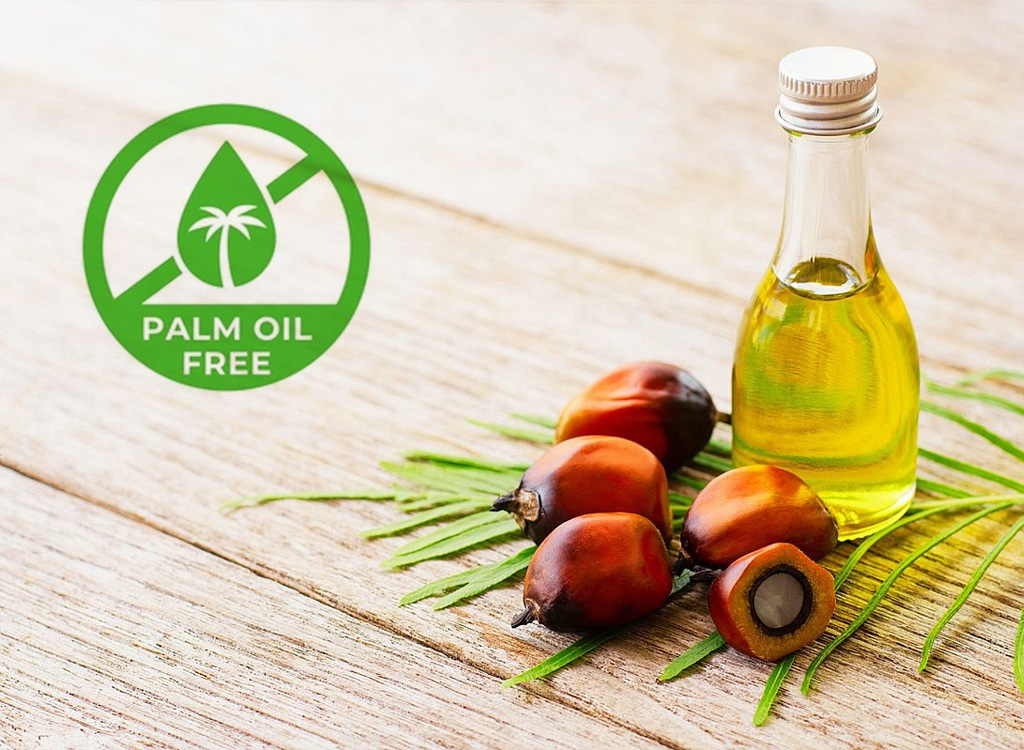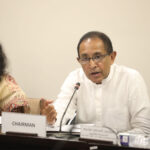Sri Lanka’s ban on palm oil cultivation is costing the country millions in foreign exchange and threatening its fragile economic recovery, the Planters’ Association of Ceylon (PA) has warned, calling for an urgent policy reversal.
In a statement released on Thursday, PA Secretary General Lalith Obeyesekere said the ban that was imposed in 2021 has severely undermined profitability in the plantation sector, eroded investor confidence, and disrupted local industries reliant on palm oil.
“Palm oil was the most profitable crop in the sector, with average net margins of 49%. In some estates, it accounted for more than half of plantation company profits. The abrupt prohibition crippled a once-thriving segment,” he said.
Sri Lanka consumes around 264,000 metric tonnes of edible oil annually, but domestic production covers only a quarter of that demand.
The remaining shortfall is filled by imports, draining an estimated US$35 million from foreign reserves each year—a figure that could reach US$175 million over five years, the PA noted.
The industry had previously invested Rs. 23 billion in infrastructure, nurseries, and milling operations based on government support to expand cultivation to 20,000 hectares.
The policy reversal led to the destruction of over Rs. 550 million worth of seedlings—without compensation.
Manufacturers and refiners have since faced rising costs and delays, further burdening the economy.
The bakery and confectionery industry—worth over Rs. 200 billion—has been among the worst hit, grappling with shortages and price hikes in staple items like bread, biscuits and margarine.
The PA also warned that increased reliance on coconut oil, often used as a substitute, is undermining the country’s export earnings.
In 2020 alone, coconut oil exports brought in Rs. 63 billion.
Beyond economics, the ban has had a social cost.
Palm oil plantations supported around 5,000 direct jobs and 21,000 dependents, with workers earning nearly twice as much as those in tea and rubber.
The industry contributed over Rs. 2.5 billion annually to rural plantation communities.
Globally, palm oil accounts for 40% of the vegetable oil supply but requires just 6% of the land.
The Association argued that, like Indonesia and Malaysia, Sri Lanka could adopt sustainability standards such as RSPO and ISPO to address environmental concerns.
Most local cultivation was already restricted to old rubber lands—not forested areas, the PA said.
“Sri Lanka’s palm oil ban has inflicted avoidable wounds on plantation companies, rural households, industries and the national economy. Yet the potential for revival remains,” the Association concluded, urging the government to adopt global best practices and re-evaluate its stance.











Leave a comment